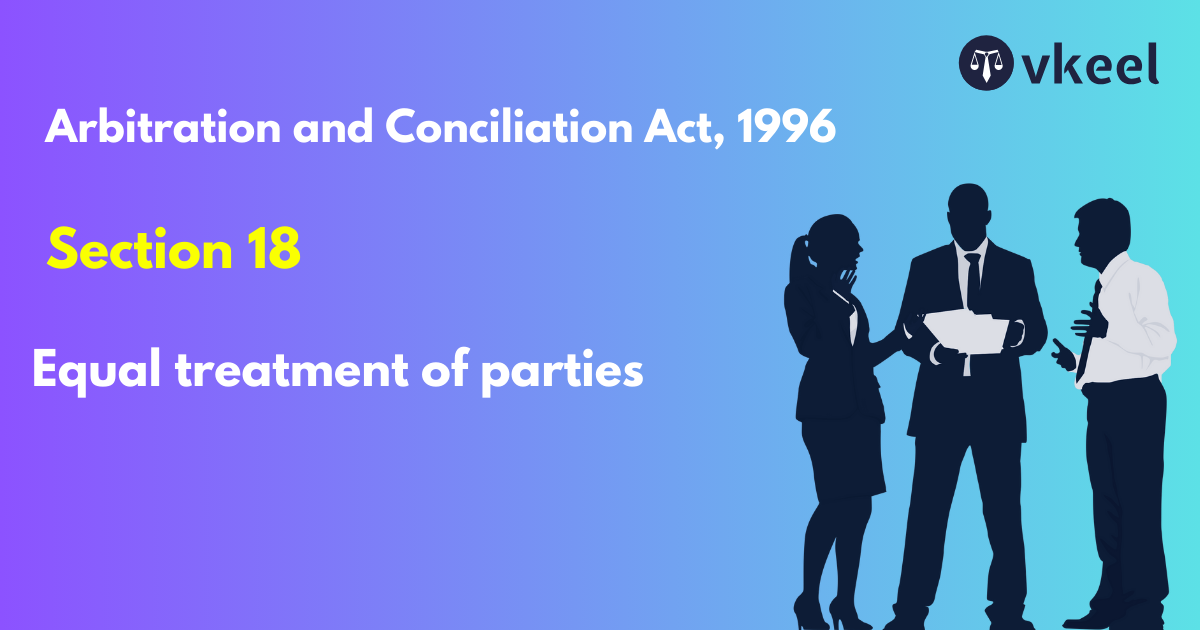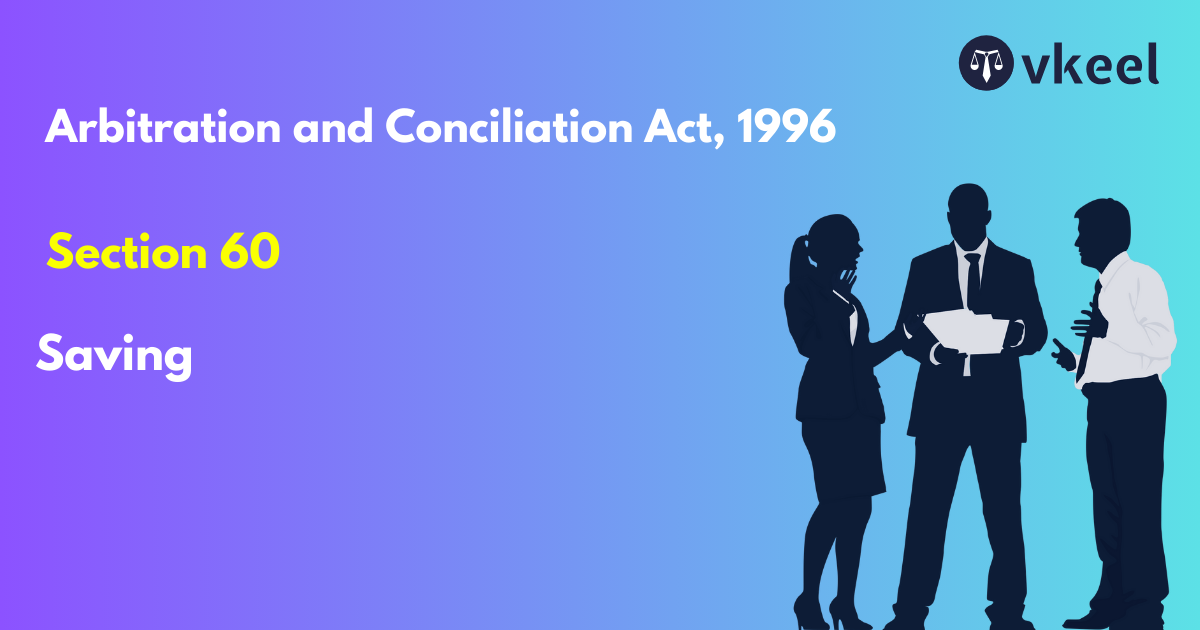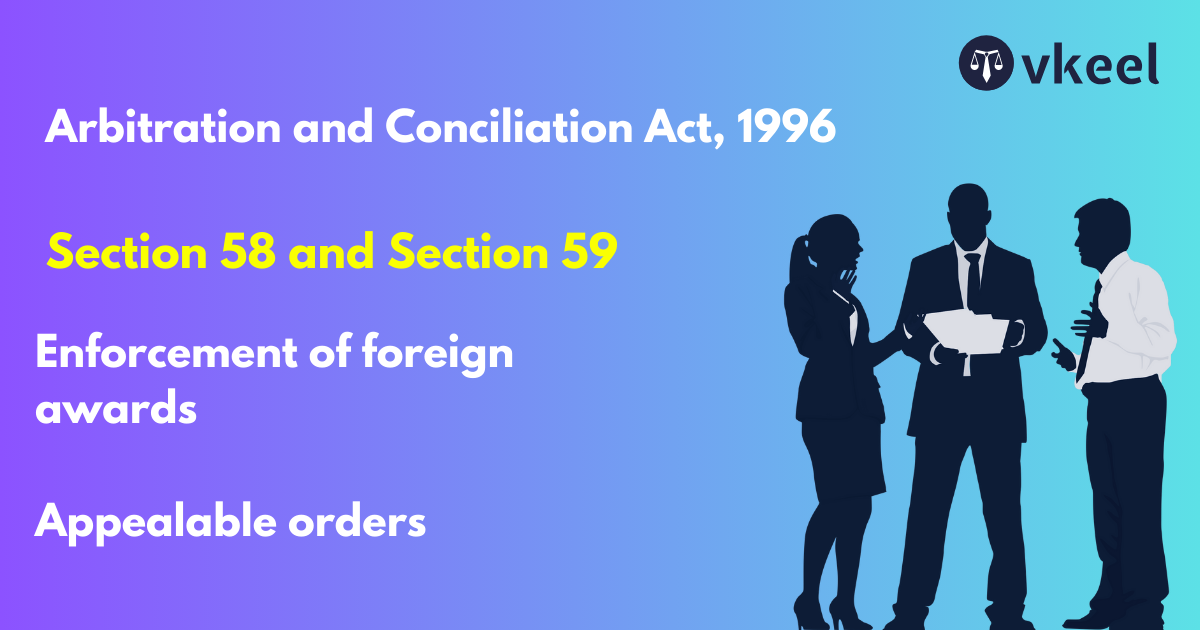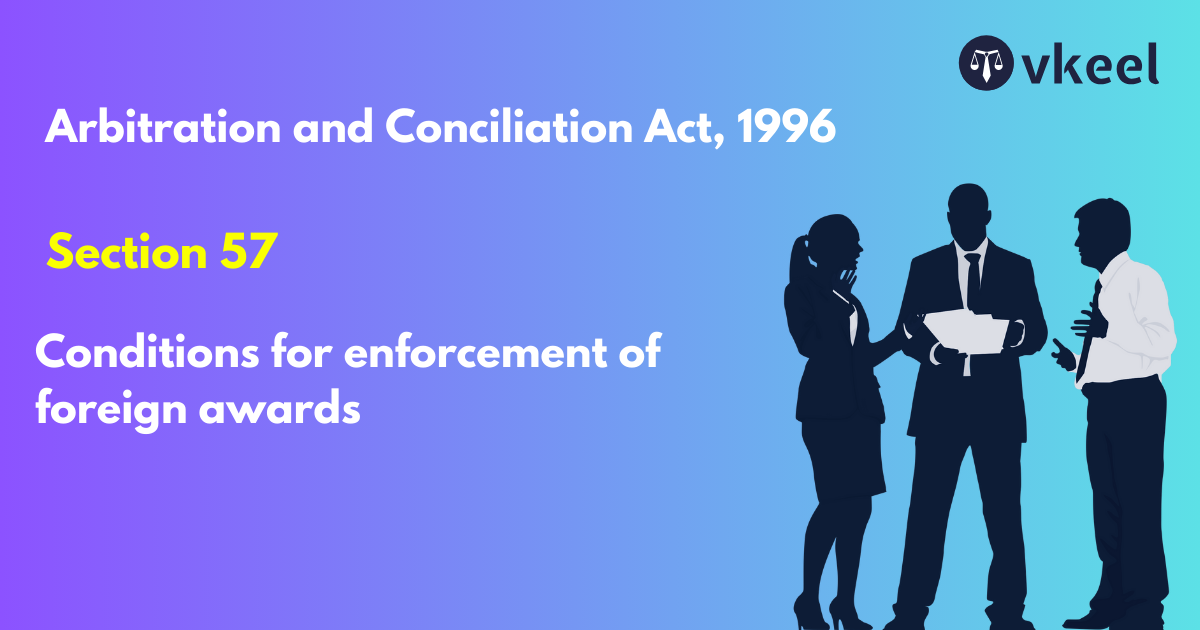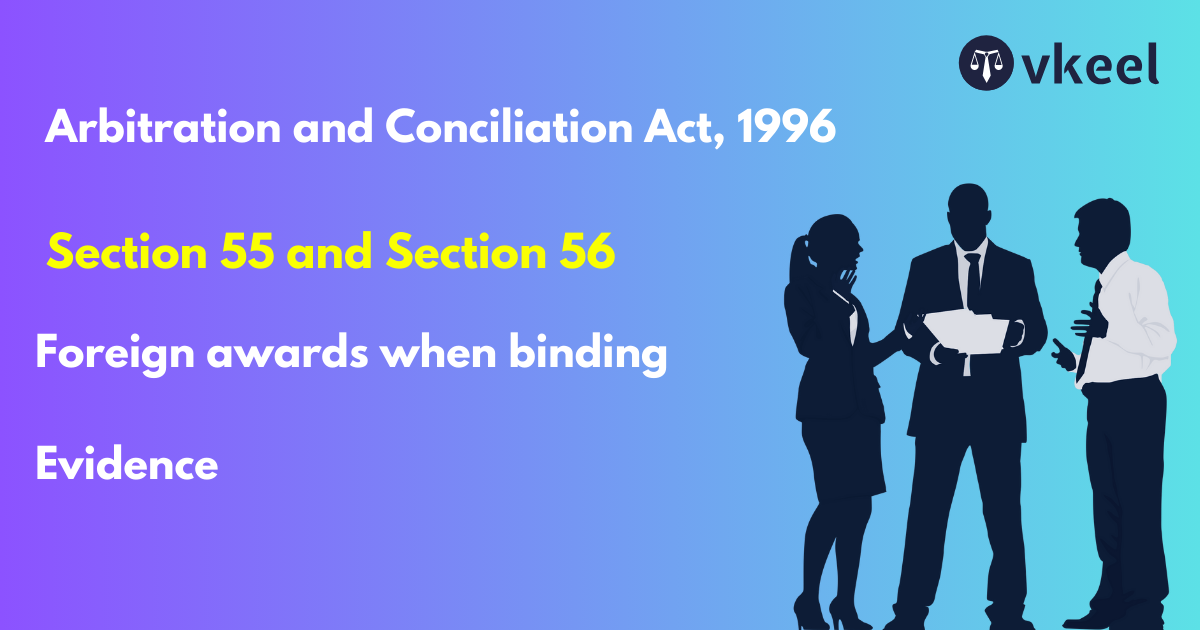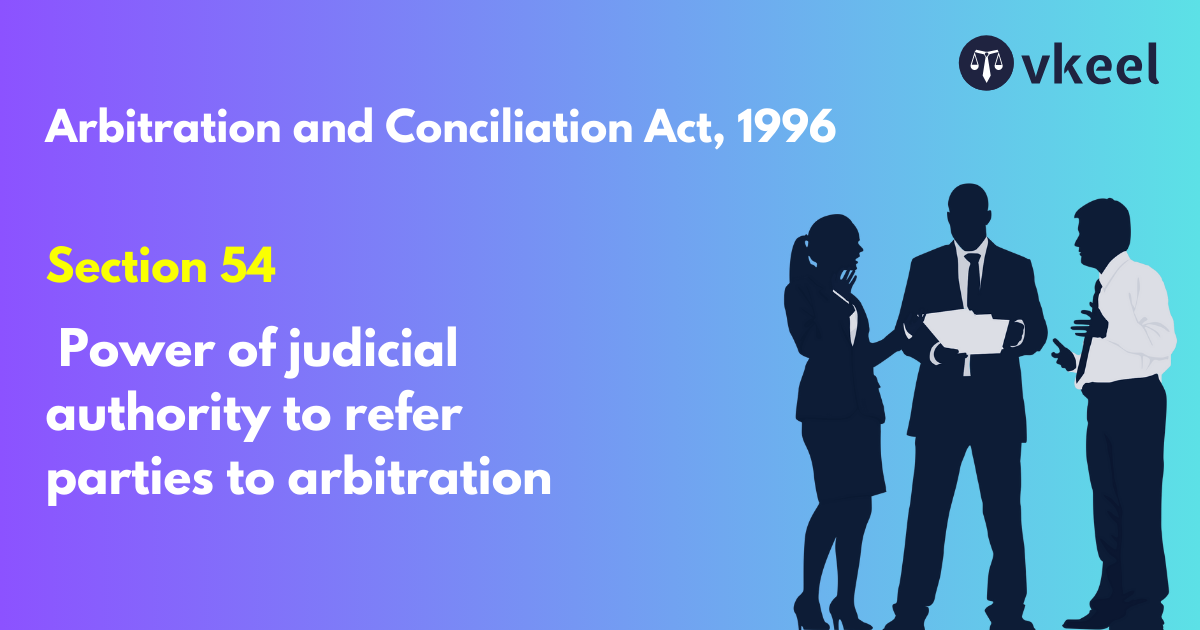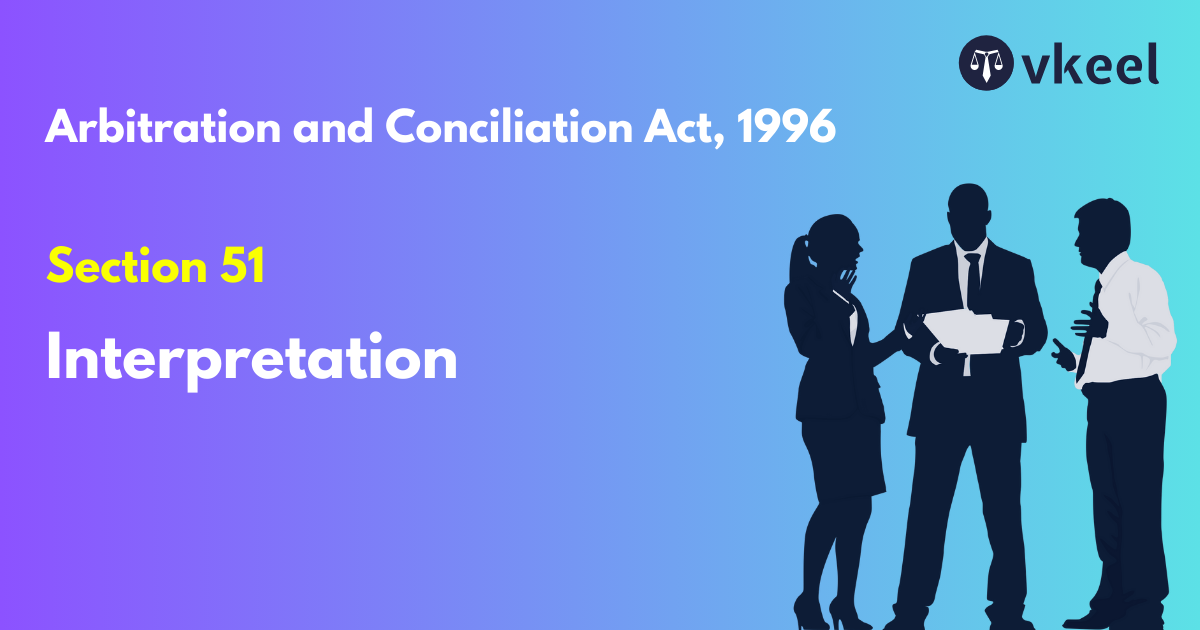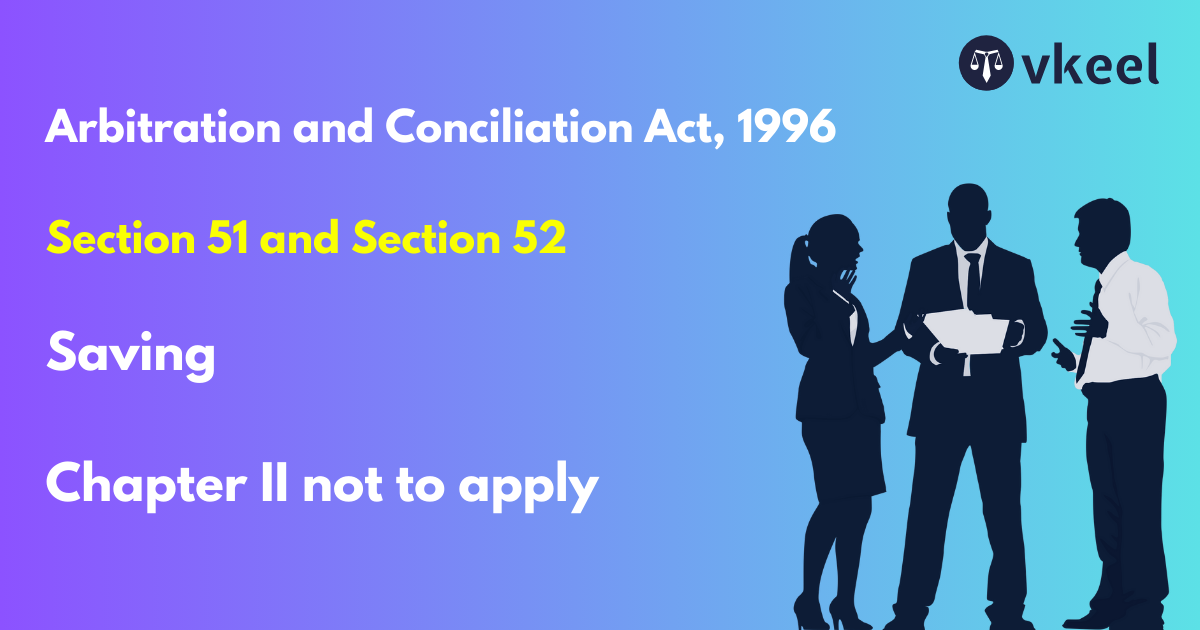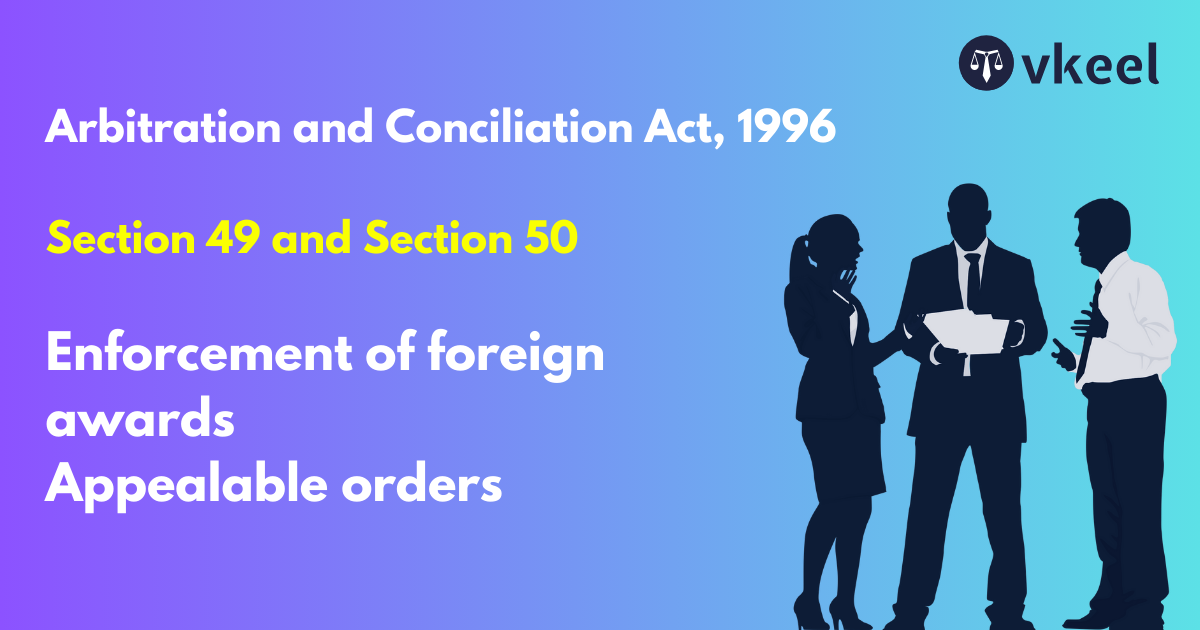Section 18: Arbitration and Conciliation Act, 1996
By Nivedita Dhiman
Table of Contents
Introduction
This section lays down fundamental requirements of procedural justice and embodies the basic principle that the parties shall be given a full opportunity of presenting his case. Other provisions implement and specify the basic principle in respect of certain fundamental rights of a party. Another fundamental right of a party being heard and being able to present his case relates to evidence by an expert appointed by the arbitral tribunal.
Natural Justice is an inseparable ingredient of fairness and effectiveness. It is even said that the principles of natural justice must be read into unoccupied interstices of the statute, unless there is a clear mandate to the contrary. It is the essence of a fair adjudication deeply rooted in tradition and conscience, to be ranked as fundamental. Thread of natural justice should run through the entire arbitration proceedings and the principles of natural justice require that the person who is to be prejudiced by the evidence ought to be present to hear it taken, to suggest cross examination and answer it.
Section 18 of Arbitration and Conciliation Act
Equal treatment of parties.
– The parties shall be treated with equality and each party shall be given a full opportunity to present his case.
Landmark Judgements of section 18
Suresh Chandra Nanhorya vs Rajendra Rajak, 2006
Natural justice is an inseparable ingredient of fairness and reasonableness. It is even said that the principles of natural justice must be read into unoccupied interstices of the statue, unless there is a clear mandate to the contrary. Natural justice is the essence of fair adjudication, deeply rooted in tradition and conscience, to be ranked as fundamental. The purpose of following the principles of natural justice is the prevention of miscarriage of justice.
Punjab State Industrial Development Corp. Ltd. vs Sunal K Kansal, 2013
Arbitral tribunal has to conduct proceedings firstly in accordance with agreed procedure and in the absence of any agreement of parties in accordance with provisions of statute and in respect of matters not covered either by agreement or statute keeping in view principle of natural justice, fair play and equity.
Wazid Chand Karam chand vs UOI, supra
The action of the arbitrator cannot be defended on the plea that the evidence was inconsequential or did not affect his mind. The arbitrator cannot take it upon himself that the evidence improperly admitted had no effect on his mind. The arbitrator must observe principles of natural justice under which both parties are entitled to make representations on their own case and the case of their opponents.
President of India vs Kesar Singh, 1966
Where the arbitrator refuses to consider the contentions of the contractor and refuses permission to produce evidence inasmuch as directions were not given to the government to produce the record which had been withheld on the ground of privilege, without even indirectly or incidentally mentioning the nature and volume of the record held privileged, it was held that these lacunas are the violations of the principle of natural justice and denial of opportunity to the contractor to press and prove his case.
Delhi Cloth and General Mills Co Ltd. vs Kidari Pershad Chedi Lal, 1921
Where an arbitrator received certain documents from the defendants in a suite referred to his arbitration and made extracts thereform and placed them on file and made his award without giving the parties an opportunity of seeing the said documents and of meeting the inference deducible from them, it was held to be against the principles of natural justice.
Conclusion
Arbitral tribunal has to conduct proceedings firstly in accordance with agreed procedure and in the absence of any agreement of parties in accordance with the provisions of statute and in respect of matters not covered either by agreement or statute keeping in view principle of natural justice, fairness and equity. It establishes the fundamental principle in arbitration proceedings by ensuring that all parties are treated fairly and given an equal opportunity. It is important to maintain the fairness and impartiality of the whole process of arbitration.
Disclaimer:
The information provided in the article is for general informational purposes only, and is not intended to constitute legal advice or to be relied upon as a substitute for legal advice. Furthermore, any information contained in the article is not guaranteed to be current, complete or accurate. If you require legal advice or representation, you should contact an attorney or law firm directly. We are not responsible for any damages resulting from any reliance on the content of this website.

